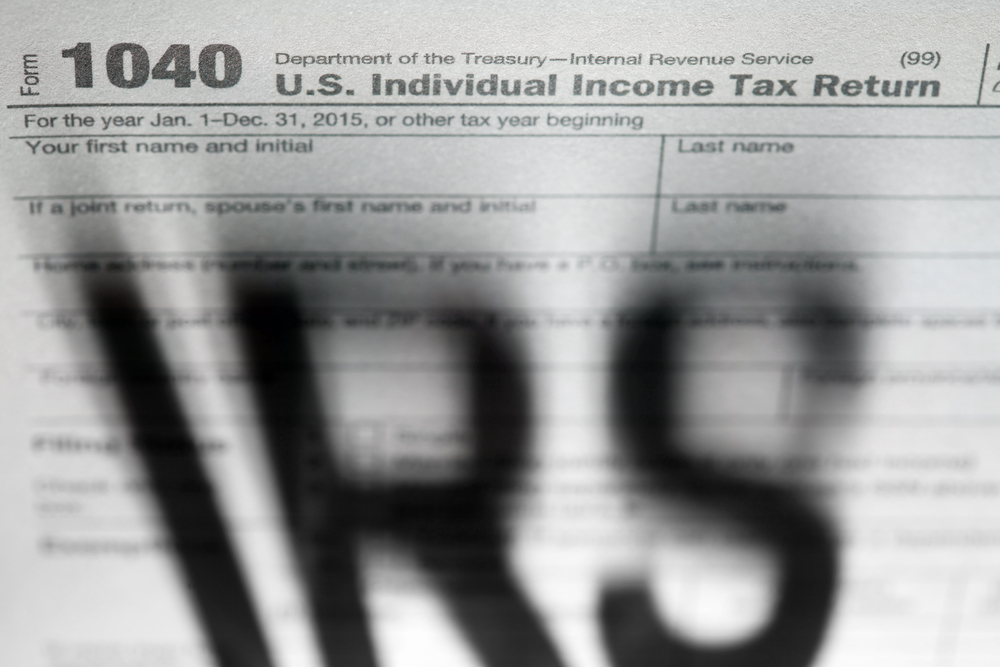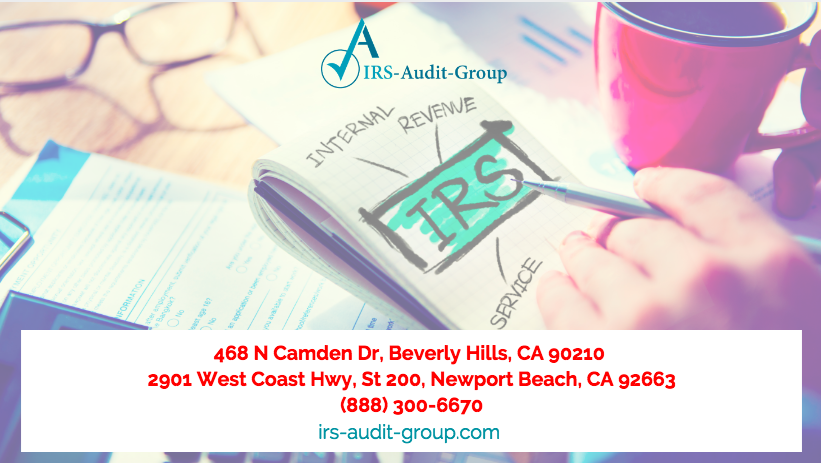Changes Brought by the BBA’s New Partnership Audit Regime
In November of 2015, the Bipartisan Budget Act (BBA) was signed into federal law, bringing significant changes to the rules surrounding partnership audits and adjustments. The BBA replaced partnership audit laws that were in place underneath the Tax Equity and Fiscal Responsibility Act of 1982 (TEFRA). One significant change that came as a result included administering tax effects resulting from a partnership audit on a partnership level instead of individual level. Furthermore, under the new rules, tax deficiencies were to be assessed in the adjustment year (when the audit is resolved) instead of the reviewed year which the tax deficiency occurred. The third major change was requiring partnerships to select a “Partnership Representative” who possesses all authority on behalf of the partnership during a partnership tax audit. These changes all went into effect as of January 1st, 2018.
California’s Response: SB274
When federal tax laws are changed, they typically also impact state tax laws, and this certainly has been the case with the new BBA partnership audit laws. On September 23rd of this year, California’s Governor, Jerry Brown, approved Senate Bill No. 274 (SB274), which requires partnerships to report every change and alternation that came as a result of an IRS partnership audit to the Franchise Tax Board within 6 months of the final determination. As an urgency statute, this bill was declared to take immediate effect. California already required individual taxpayers to notify the Franchise Tax Board if an audit resulted in an adjustment to their federal tax return.
California joins Arizona, Georgia, and Hawaii, which had each already passed legislation that addressed partnerships audits at the state level in response to changes at the federal level. Experts believe that as the new BBA partnership rules take effect for the 2018 tax year and beyond, more states are likely to make legislative changes which are in line with the federal rules.
Dealing with a Partnership Audit Under the New Laws
These new partnership audit rules, both at the federal and state level, have certainly caused a fair share of confusion among those who file partnership returns. Partnership audits are already tricky and difficult to navigate, and while these changes were designed to make the process simpler, no one knows yet exactly how they will play out in reality.
At IRS Audit Group, our team specializes in achieving the best possible results, no matter the scope of the problem. Whether it’s a federal partnership audit or a state partnership audit, we can ensure that our tax attorneys will get the job done right. We’ll guide you through each step of the way, resolving your tax issues efficiently and effectively. Facing the IRS on your own can be intimidating and extremely stressful; instead, let our experienced attorneys represent you throughout the entire IRS audit process. Call us today at (310) 498-7508 for a free consultation where we will answer your questions and tell you how we can help you resolve all of your tax issues.
What is BBA?
Overview
The Bipartisan Budget Act is a new rule, created in 2015 and made effective as of January 1, 2018, stands to treat partners filing taxes which are due as partnerships. This means that any audited partners will be audited solely as a partnership. This rule, overall, makes it easier for the IRS to audit partnerships and can sometimes make it a bit more confusing to file taxes as partnership than before.
How it Affects the IRS Audit Process
These new partnership audit rules stand to make the IRS audit process run smoother by treating any audited partners as a complete partnership. However, though it may seem like a simple solution, these centralized partnership audit rules can tend to make things more convoluted than before. This is why some states are already coming up with laws in response to this new act, California being one of them.

What Does SB274 Change?
Overall Changes
Since BBA has made it apparently easier to audit partnerships, SB274 aims to assist with protecting partnerships by having them urgently file any tax changes due to audits within six months of the final determination. This change is all come of the new partnership audit rules recently put into effect by the federal government as of 2018.
How it Affects the IRS Audit Process
In theory, by having partnerships file changes due to audits, it should make the IRS tax audit process run in a way which is less confusing and laboring for the individual. No matter what, though, the new BBA partnership audit rules is something to adapt to, and we at the IRS Audit Group can assist with proper audit representation at times of tax distress.











